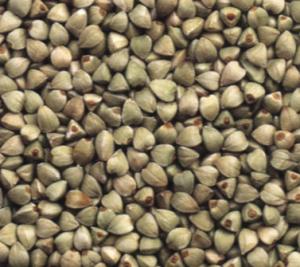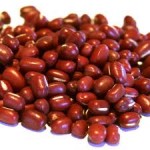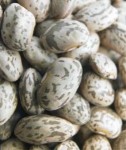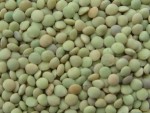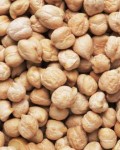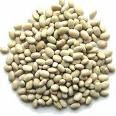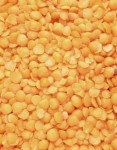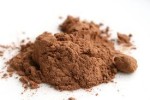Buckwheat Hulled / Raw
Health benefits of buckwheat
- Buckwheat grains compose proportionately more starch than other similar seeds like quinoa and amaranth. 100 g seeds (grains) provide 343 calories. The grains are moderate sources of energy, and calorie content may be compared to that of major cereals such as wheat, maize, rice and that of pulses like chickpea, mung bean, cowpea (black-eye pea), etc.
- The protein level in buckwheat grains is the range of 11-14 g of protein per 100 g; relatively less than that in quinoa and pulses. Nonetheless, it composes all the indispensable amino acids for the human body at excellent proportions, especially in lysine which is otherwise a limiting amino acid in grains like wheat, maize, rice, etc.
- Buckwheat seeds are very rich source of soluble and insoluble dietary fiber. 100 g provide 10 g or 26% of daily requirement of fiber. Fiber increase bulkiness of the food and helps prevent constipation problems by speeding up bowel movements through the gut. Fiber also binds to toxins and aid in their excretion from the gut and helps protect the colon mucus membrane from cancers. In addition, dietary fibers bind to bile salts (produced from cholesterol) and decrease their re-absorption in colon, thus help lower serum LDL cholesterol levels.
- Buckwheat is another gluten-free food source. Gluten is a protein present in certain grass family grains and may induce stomach upset and diarrhea condition in individuals with Celiac disease.
- The grains compose of several polyphenolic antioxidant compounds such as rutin, tannins and catechin. Rutin (quercetin rutinoside) is found to have anti-inflammatory, and antioxidant properties and help prevent platelet clot formation inside the blood vessels. Early laboratory studies suggest that rutin may offer a cure in hemorrhoids, and clotting disorders.
- Buckwheat grains have more B-complex group of vitamins, than that of quinoa seeds, especially riboflavin (vitamin B2) and niacin (vitamin B3).
- Finally, buckwheat has more concentration of minerals like copper, and magnesium. Copper is required for the production of red blood cells. Magnesium relaxes blood vessels leading to brain and found to have curative effects on depression, and headache.

